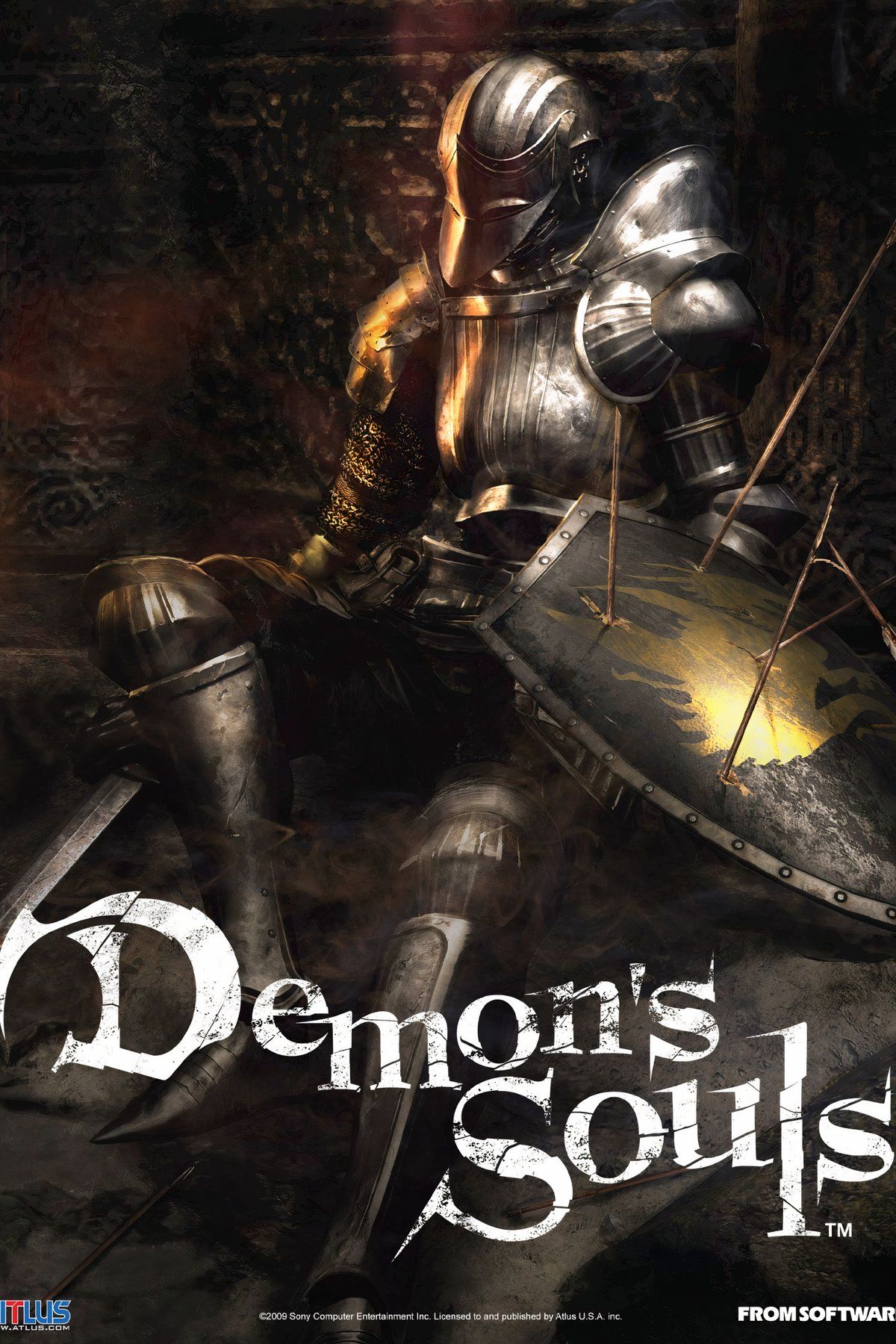
Sign in to your Game Rant account

Summary
- Left 4 Dead introduced dynamic difficulty with the AI director system, influencing future game intensity.
- Zelda: Breath of the Wild’s climbing and gliding mechanics revolutionized open-world traversal in video games.
- Half-Life pioneered real-time storytelling in FPS games, influencing cutscene-free narratives in other franchises.
The great thing about video games as an art form is that they’re always pushing forward and innovating in interesting ways. Sometimes, all it takes is for one game to come up with a brilliant idea that can revolutionize their entire genre forever.
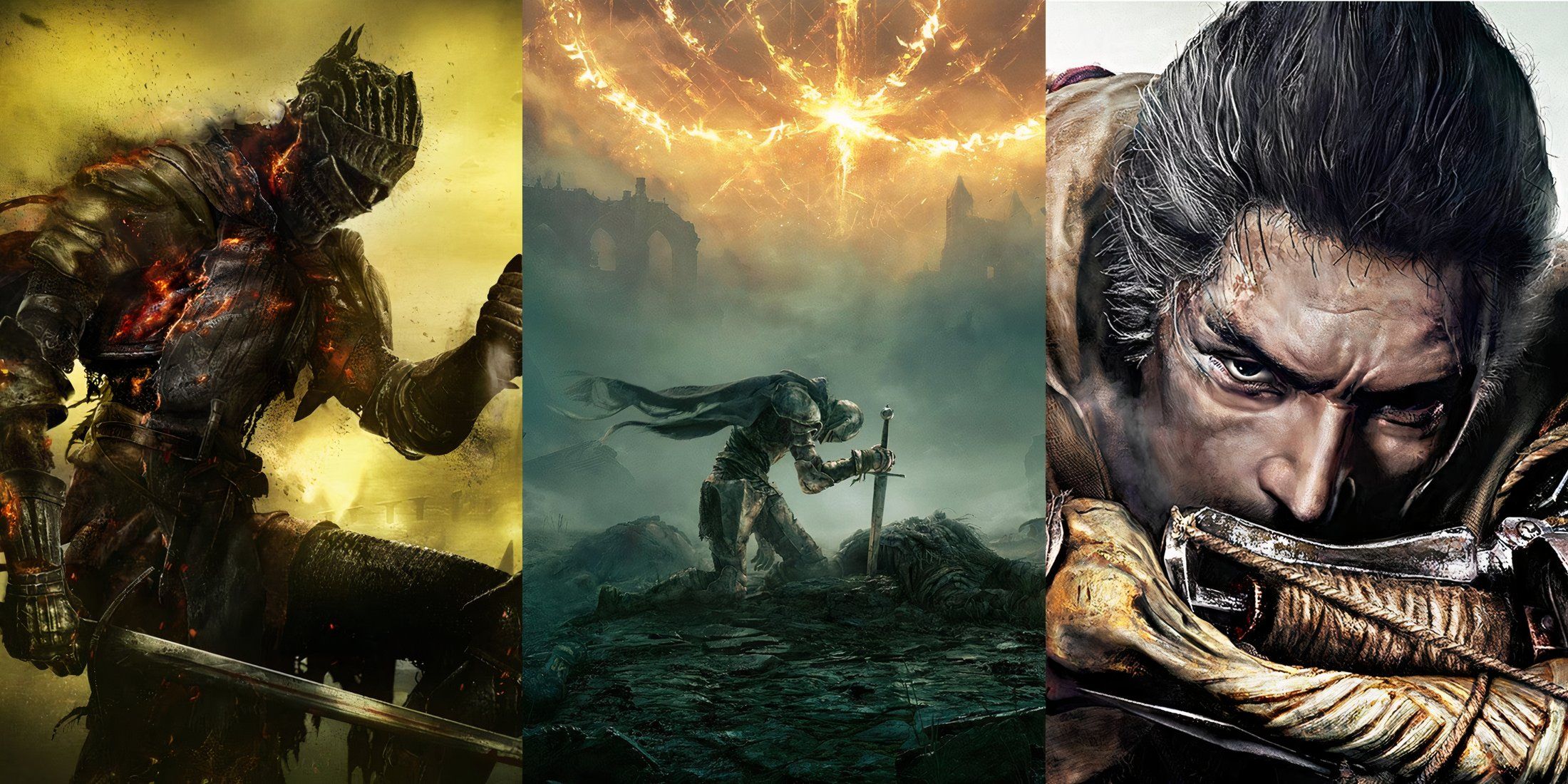
Related
8 Most Influential FromSoftware Mechanics, Ranked
FromSoftware has changed the gaming industry forever thanks to numerous mechanics and features in their games that have influenced countless others.
Whether it’s the use of innovative tools for maximum tension or new methods of telling stories in video games, there are plenty of mechanics to celebrate. This list is ranked by each mechanic’s influence in the games’ respective genres.
8 Left 4 Dead
The AI Director Adjusts Difficulty On The Fly
The late 2000s were something of a golden era for first-person shooters. Games like Call of Duty: Modern Warfare were flying off the shelves at record speeds, and the FPS was the hottest genre on the market, meaning it was a perfect time for Left 4 Dead to get involved in the fun.
However, as a co-operative FPS, Left 4 Dead had to manage the intensity of the terrifying zombie waves carefully. To do this, the devs used an innovative AI Director system that dynamically adjusted the intensity of the mission depending on the state of the players. That means the intensity was always different from mission to mission, making it a truly fresh experience, and the AI Director concept has gone on to influence many more games after Left 4 Dead.
7 The Legend Of Zelda: Breath of the Wild
Climbing And Gliding Revolutionized Open-World Traversal
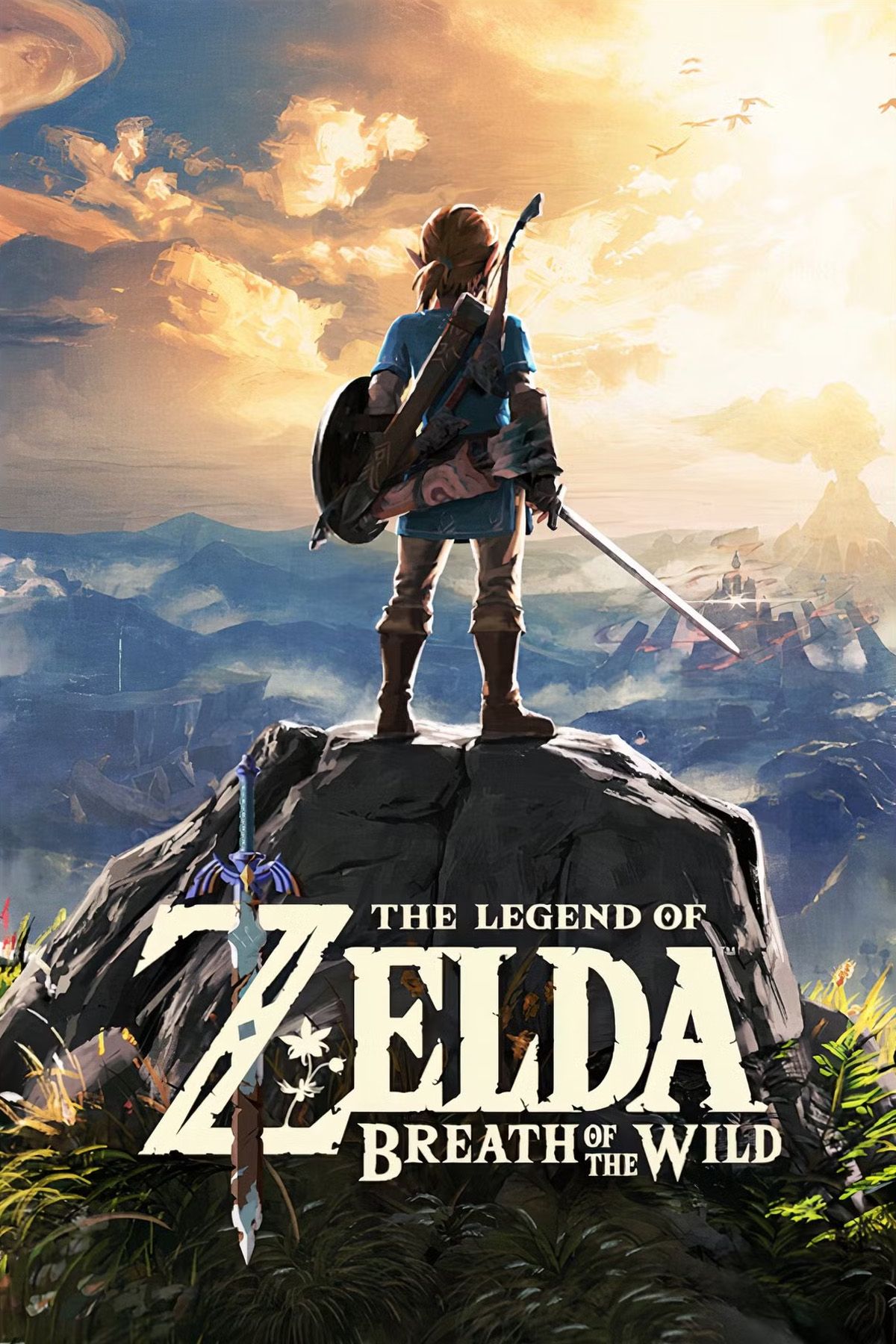
Taking The Legend of Zelda franchise to the open-world genre was initially a controversial and bold choice. Linear games had served the franchise well for decades. Yet, Nintendo, well known for its focus on mechanical innovation, introduced simple climbing and gliding mechanics to encourage free-flowing movement that radically shifted how open-world traversal worked in video games.
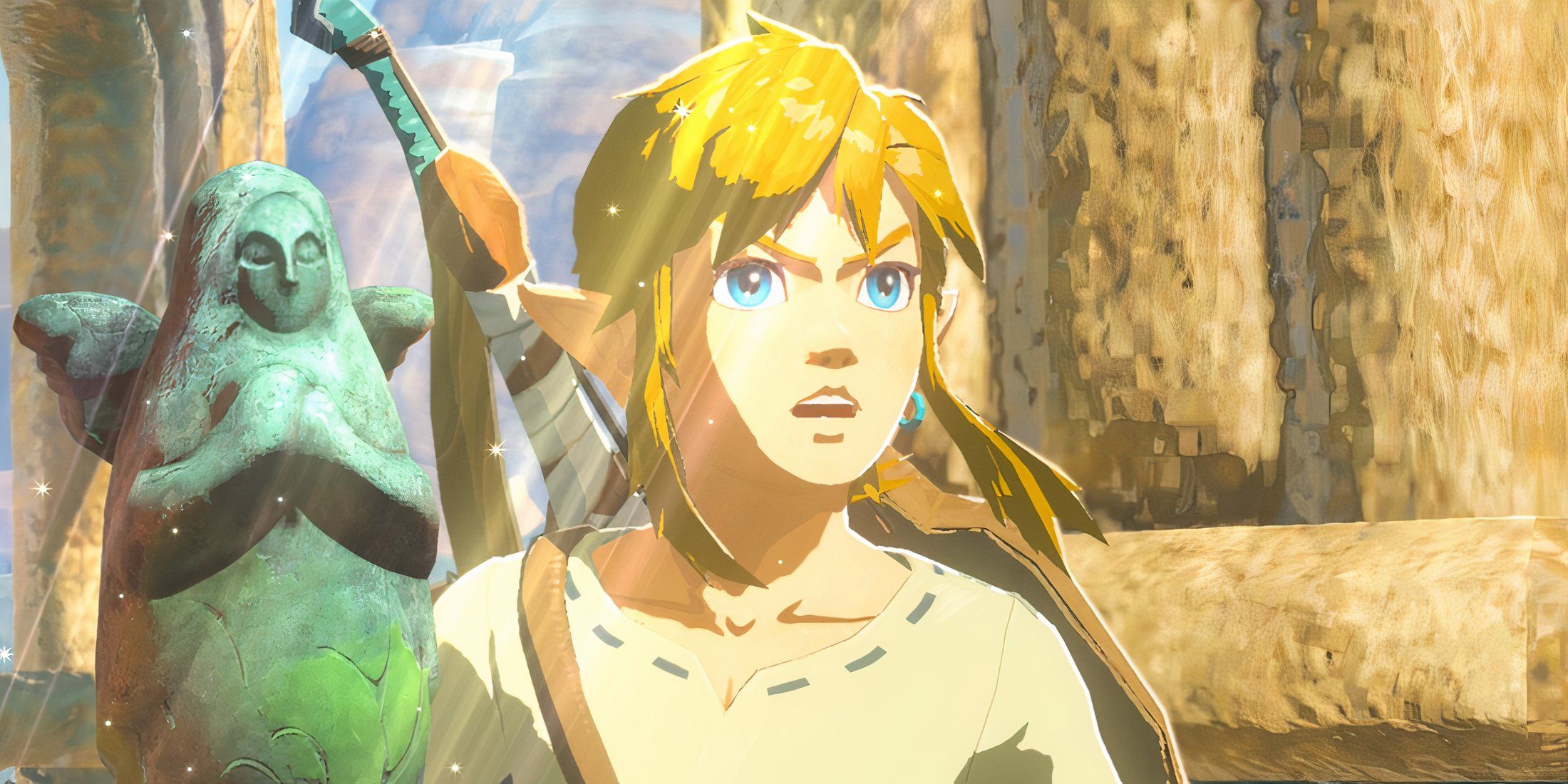
Related
Zelda: Breath Of The Wild – 6 Best Improvements In The Switch 2 Edition
With all the improvements made to The Legend of Zelda: Breath of the Wild, is it worth playing through again on the Nintendo Switch 2?
In Breath of the Wild, Link can climb up most sheer surfaces, but drains a stamina bar as he does. Similarly, he can jump off high cliffs and glide down, also draining stamina. It’s a simple but incredibly effective idea that opens up the wild terrain to new levels of exploration, and its effect was seen almost immediately in other open-world games to come.
6 Half-Life
Cutscenes In Real-Time Changed How FPS Games Told Stories
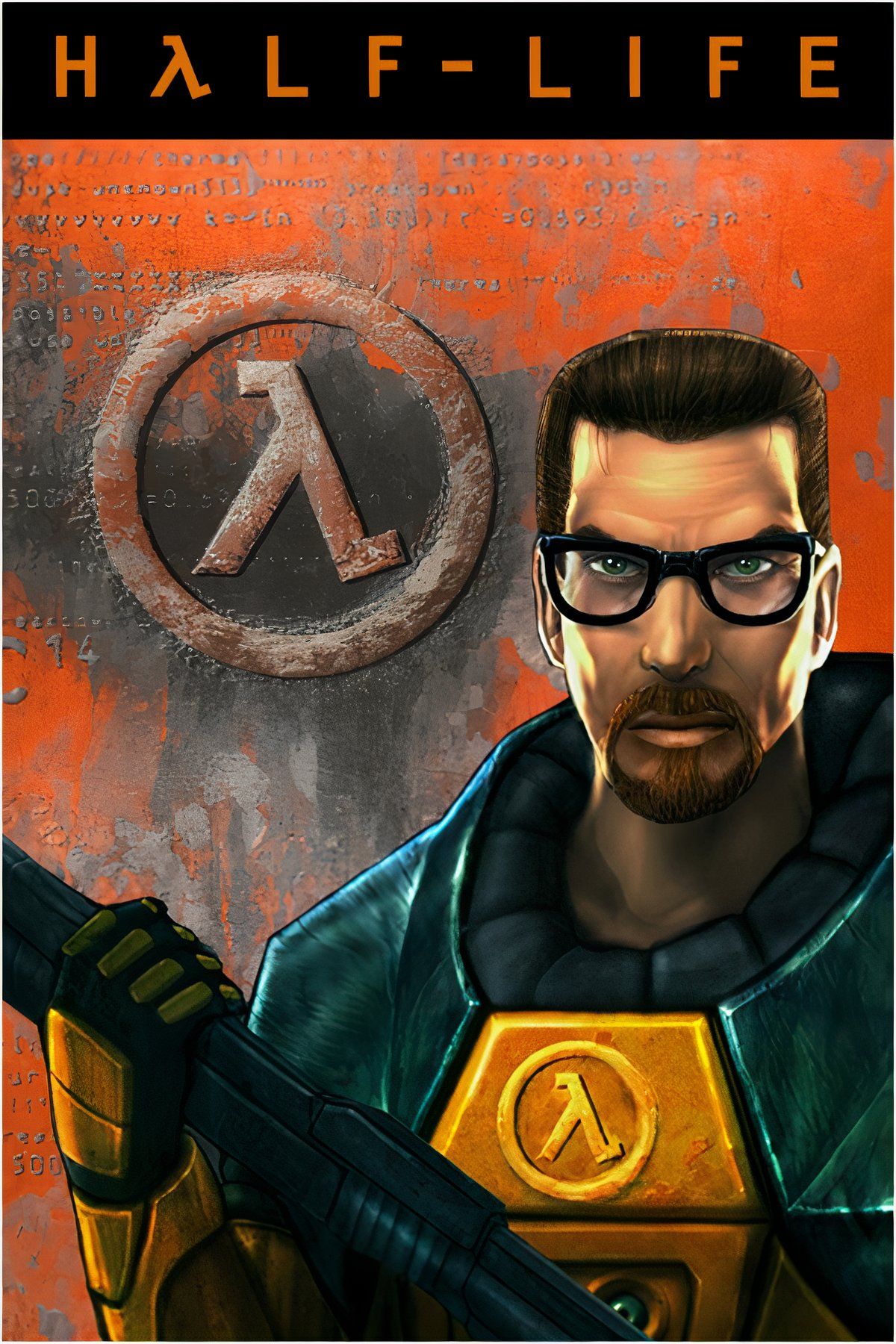
Half-Life
- Released
- November 19, 1998
Valve is well known as a bastion of mechanical innovation, where the best idea wins out over all else. In their earliest days, this philosophy bore massive dividends in Half-Life, the revolutionary PC FPS that spurred the genre on past the era of boomer shooters and into cinematic storytelling.
The main way Valve did this was by not stopping the game in its tracks to tell the story, but to tell the story around the player interacting in the world. No cutscenes play in Half-Life. Instead, the player is part of cutscenes that play out, and they can move, interact, and be a part of the story rather than watching it, an influential idea that can be seen throughout other massive FPS franchises like Call of Duty and Battlefield.
5 PUBG
Cemented The Definitive Version Of The Battle Royale Formula For Future Games
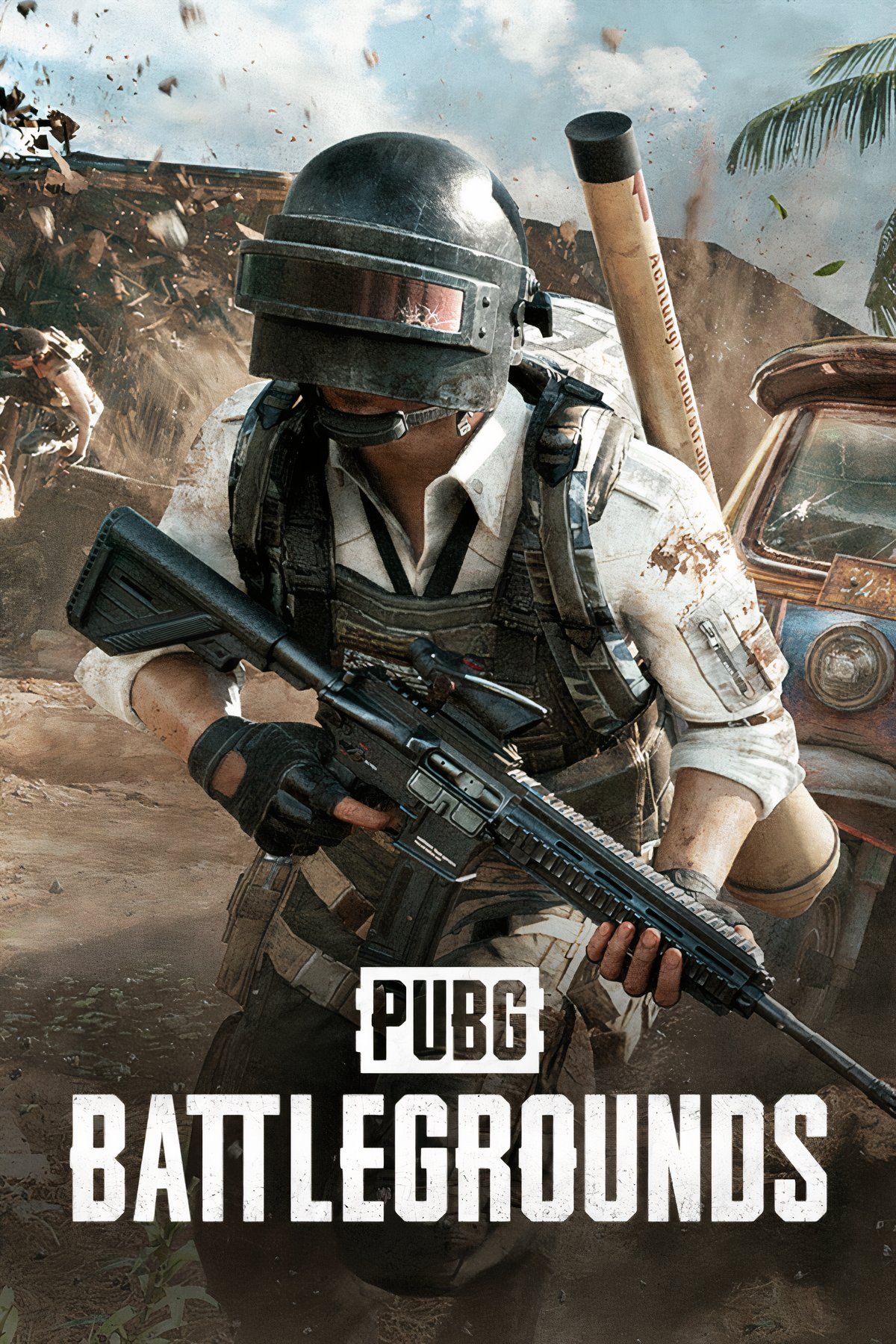
PUBG was not the first battle royale game. There’s no doubt about that. However, it was undoubtedly the most influential battle royale game to arrive in 2017, and it single-handedly shifted the direction of the entire multiplayer genre for many years due to its mechanical simplicity and perfection.
Focusing on a massive map (or many maps at this point in the game’s life cycle), acquiring random loot across the field, and intense team tactics as the zone tightens, PUBG refined and perfected the core tenets of the battle royale genre that other games like Apex: Legends and Fortnite would be built upon, and would be unrecongizable without.
4 Demon’s Souls
Created The Majority Of Soulslike Mechanics That Changed Action RPGs Forever
It seems like FromSoftware’s mechanical innovations to the RPG genre have been around forever, but they really were pioneers who made radical decisions for the time that felt esoteric to contemporary critics, but would become celebrated in time as some of the finest gaming innovations ever made.

Related
8 Most Influential FromSoftware Mechanics, Ranked
FromSoftware has changed the gaming industry forever thanks to numerous mechanics and features in their games that have influenced countless others.
Not only did Demon’s Souls work on a fundamentally brutal difficulty, but the soul-drop mechanic, the brutal boss fights, the environmental storytelling, and the Nexus were all key ideas that influenced every FromSoftware game going forward, and almost every modern action RPG to some extent.
3 Doom
Perfected The FPS Genre Early Through Level Design, Changing All FPSs Thereafter

It’s actually difficult to understate the sheer influence Doom had over an entire generation of gamers. While Wolfenstein 3D preceded Doom and can lay a better claim to being one of the foundational FPS games, Doom perfected the formula immediately, resulting in a great game that plays well over 30 years later. It’s the first and possibly best game in the whole series.
In Doom, ID demonstrated the importance of level design in characterizing the player experience, how enemy variety can result in different styles of play, how different weapons could play into the level design choices, and how brutal fast pacing was key for an engaging FPS experience, not to mention the innovative use of verticality and guiding the player through a level without waypoints. It’s a masterclass of game design for a good reason, and its DNA is in every FPS made today.
2 Resident Evil 4
Perfected Over-The-Shoulder Action Shooting, Defining Third-Person Action Games
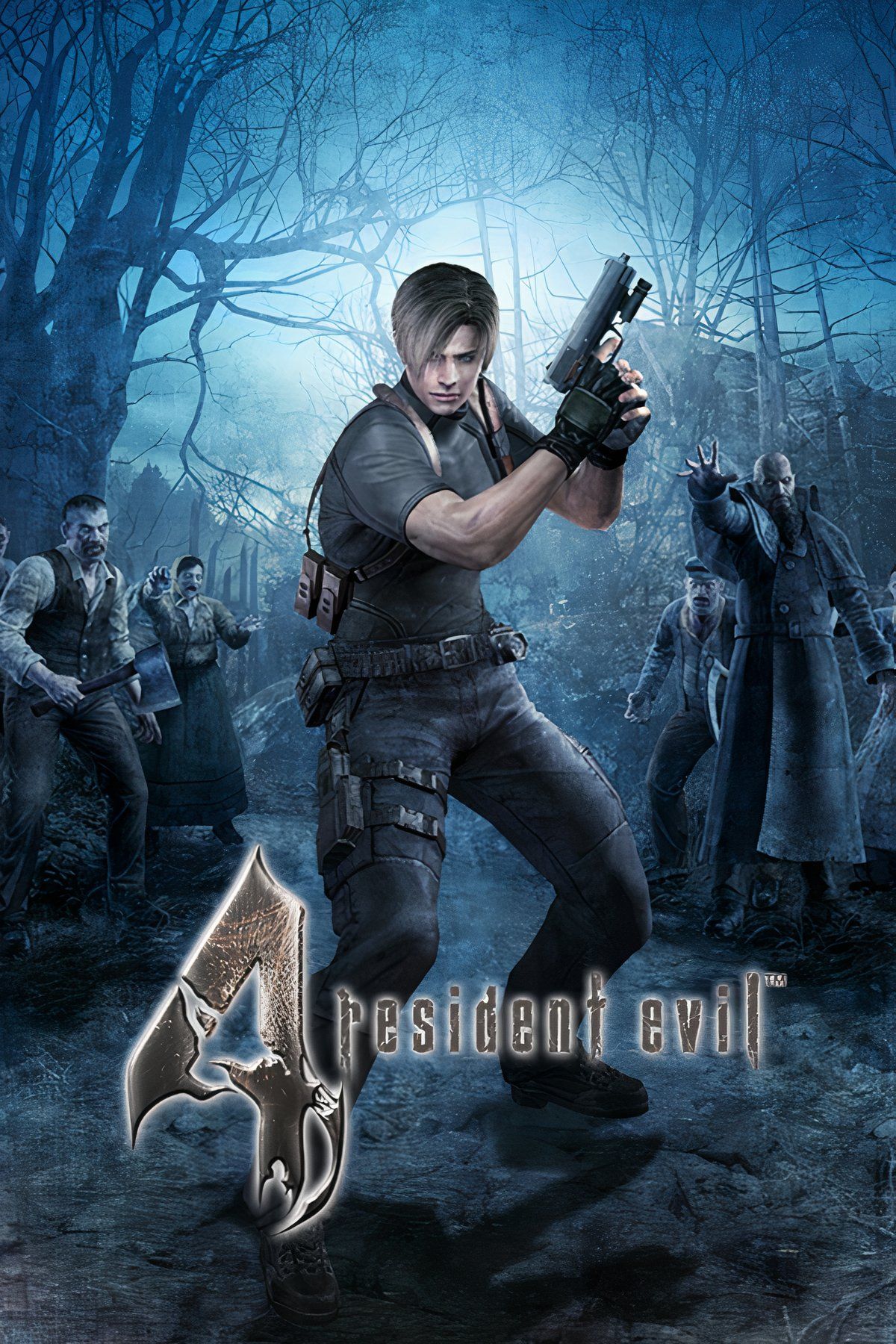
These days, Resident Evil 4 has suffered somewhat in modern gamers’ eyes due to its own success. From the perspective of a modern gamer who never played it before, Resident Evil 4 seems like a garden-variety over-the-shoulder horror game, but what they’re missing is that Resident Evil 4 was the game that perfected over-the-shoulder third-person action mechanics.
In other words, almost every third-person action game released today owes something to Resident Evil 4. The entire modern action genre and many of the big-budget Sony narrative games from the likes of Naughty Dog are eternally indebted to the innovations of Mikami and his team at Resident Evil 4. The modern gaming landscape is unimaginable without Resident Evil 4, and the modern remake full of terrifying enemies is a testament to the game’s staying power.
1 Super Mario 64
The Foundational 3D Platformer That Defined How Players Interact With 3D Space
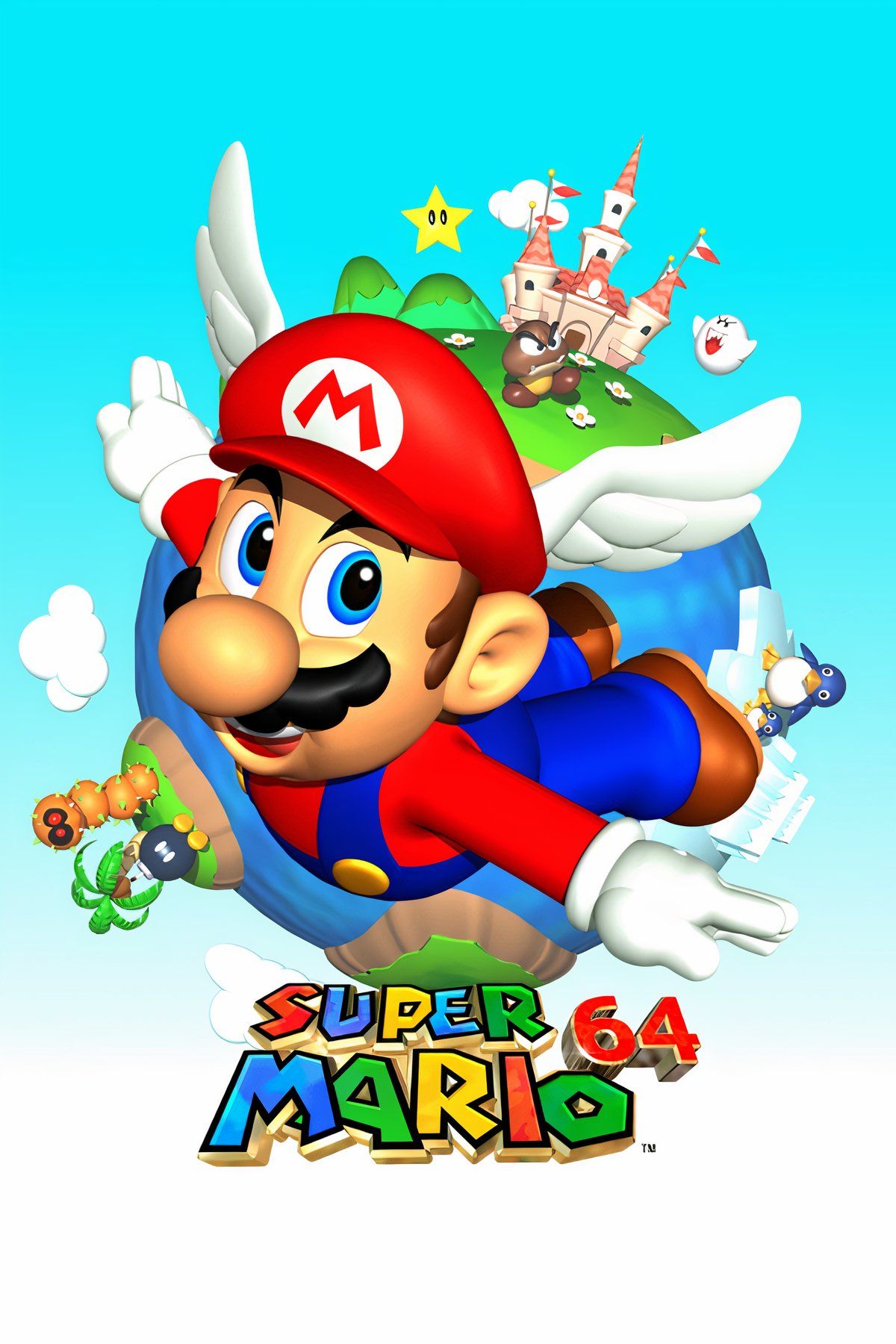
- ESRB
- E for Everyone
- Developer(s)
- Nintendo
- Platform(s)
- N64
While the platforming genre waxes and wanes in terms of its popularity, Mario and Nintendo have always been at the heart of driving the genre forward. For the longest time, platformers were the domain of 2D games only, but as hardware increased in power, the possibility of a 3D platformer became ever more tantalizing, yet challenging to pull off.
While Mario 64 is not the first 3D platforming game, it is the most important by far. Nintendo figured out the core tenets of how 3D platforming could function, how it looked in game terms, how it influenced levels and play flow, single-handedly setting the foundation for every 3D game ever made afterwards. These days, there are a ton of versions of the game, too, making it easier than ever to play. It’s that important, and a worthy topper of this list.
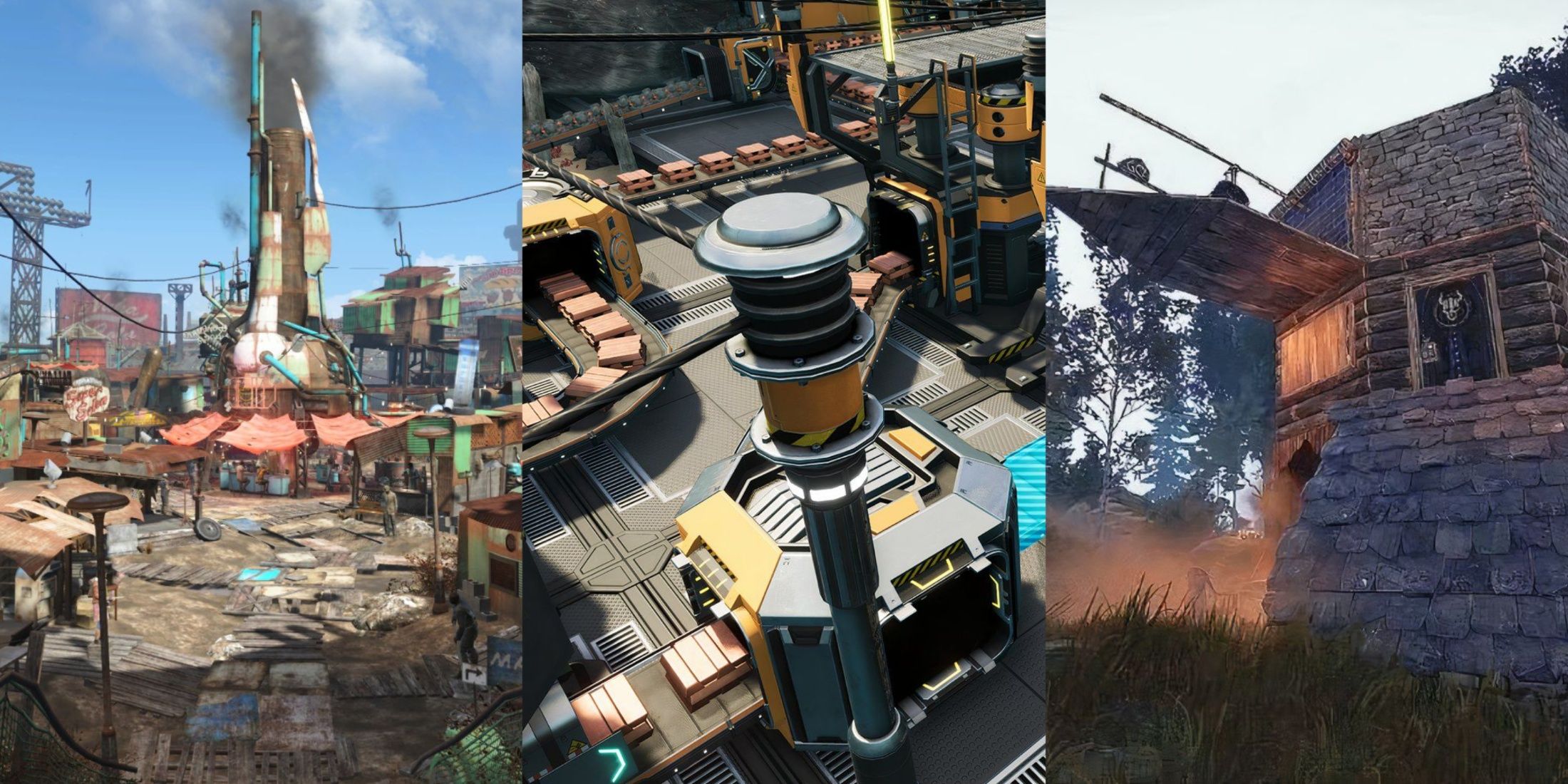
More
8 Best Open-World Games With Complex Building Mechanics, Ranked
These open-world games take base-building to the next level, requiring thoughtful planning for the best results.

